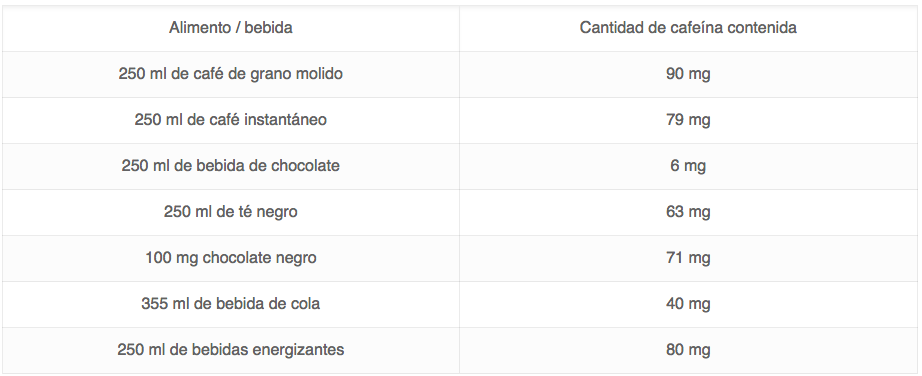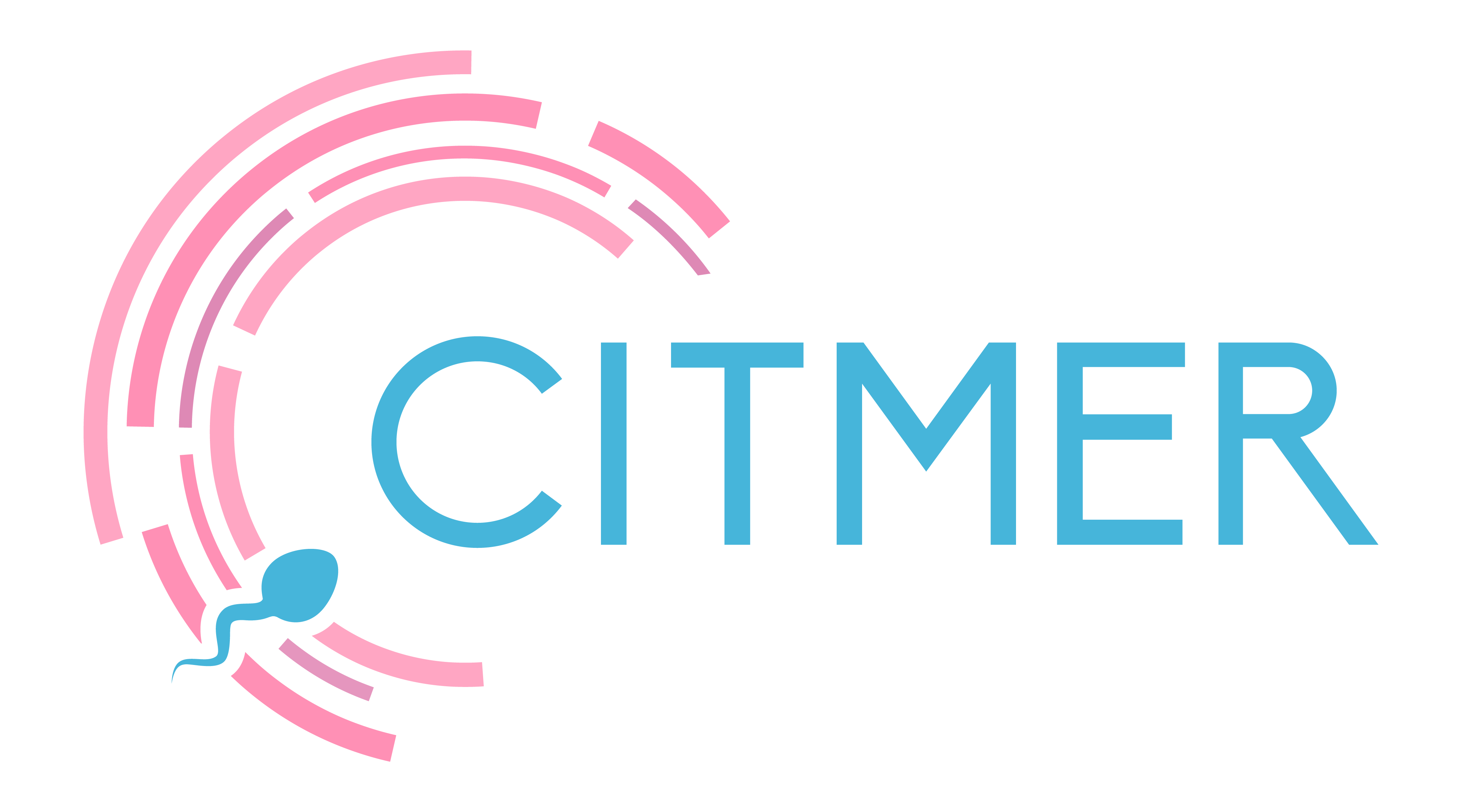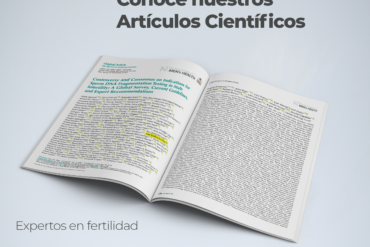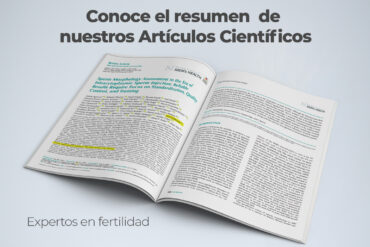If you are thinking about seeking a pregnancy soon and you wonder about your fertility and how to be in the best conditions for your pregnancy to be achieved, it is important that you know that there are some modifiable lifestyle factors that are under your control and that They can increase your chances of conceiving and having your baby.
Leading a healthy life, with a balanced diet, exercising and avoiding the consumption of toxic substances such as tobacco and/or alcohol, are some of the basic recommendations for couples planning to conceive a baby, but what about substances that we ingest in daily life, that are not toxic and that we consume routinely (sometimes in large quantities) such as coffee?

Dr. Rosemarie Hakim of the Hopkins Hospital School of Medicine in Baltimore conducted a study published in the Journal of the American Society for Reproductive Medicine in which she evaluated the effect of coffee intake on fertility in healthy, unexposed women. to other substances (such as tobacco, alcohol, or drugs).(1) This study concluded that there is a tendency for reproductive potential to decrease from 26 % (in women who do not consume coffee) to 18% in women who consume the equivalent of more than one 6- to 8-ounce cup of coffee per day and refers to Previous studies have shown a significant association between infertility and consumption of more than 3 cups of coffee per day.

In 2017 Julie Lyngso et al. from the Department of Public Health of the University of Aartus in Denmark carried out a study with the aim of evaluating the effect of caffeine doses with the period of time necessary to achieve conception both naturally and with the help of assisted reproduction treatments , and once pregnancy is achieved and to determine whether caffeine intake increases the risk of spontaneous abortions, concluding that: Drinking 300 mg of caffeine/day increased the risk of early pregnancy loss or spontaneous abortion.
Drinking 600 mg of caffeine/day more than doubled the risk of miscarriage. There is no association between caffeine consumption and the time it took for couples trying to conceive naturally or through fertility treatment. (2)
Based on these investigations, your CITMER fertility doctor will suggest that you try to moderate your coffee and caffeine consumption to no more than 300 mg per day, for which it may be useful to know the table of caffeine content in different foods and beverages. that we consume in daily life.
References: 1 Hakim R. et al. Alcohol and caffeine consumption and decreased fertility. Fertile Steril. 1998; 70(4):632-637. Doi: https://doi.org/10.1016/S0015-0282(98)00257-X 2Lyngsø J. et al. Association between coffee or caffeine consumption and fertility and fertility: a systematic review and dose-response meta-analysis. Clin Epidemiol . 2017; 15(9):699-719. doi:10.2147/CLEP.S146496.



